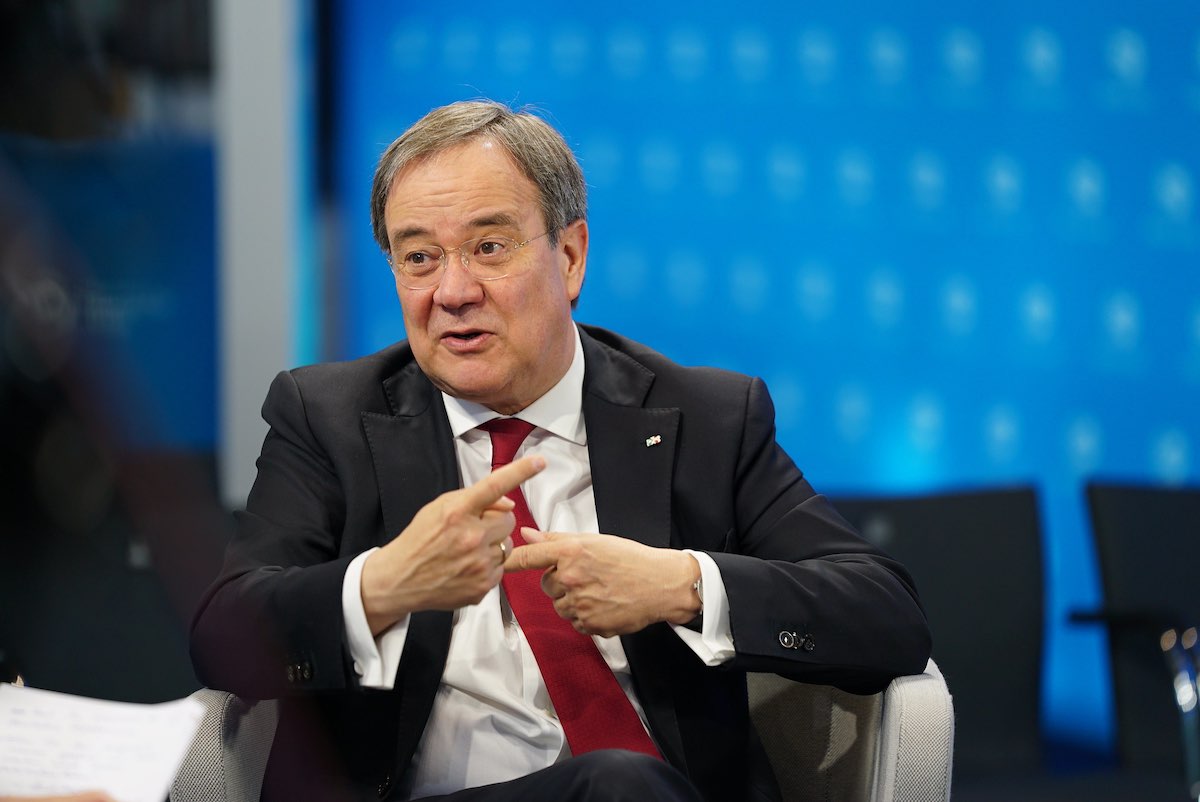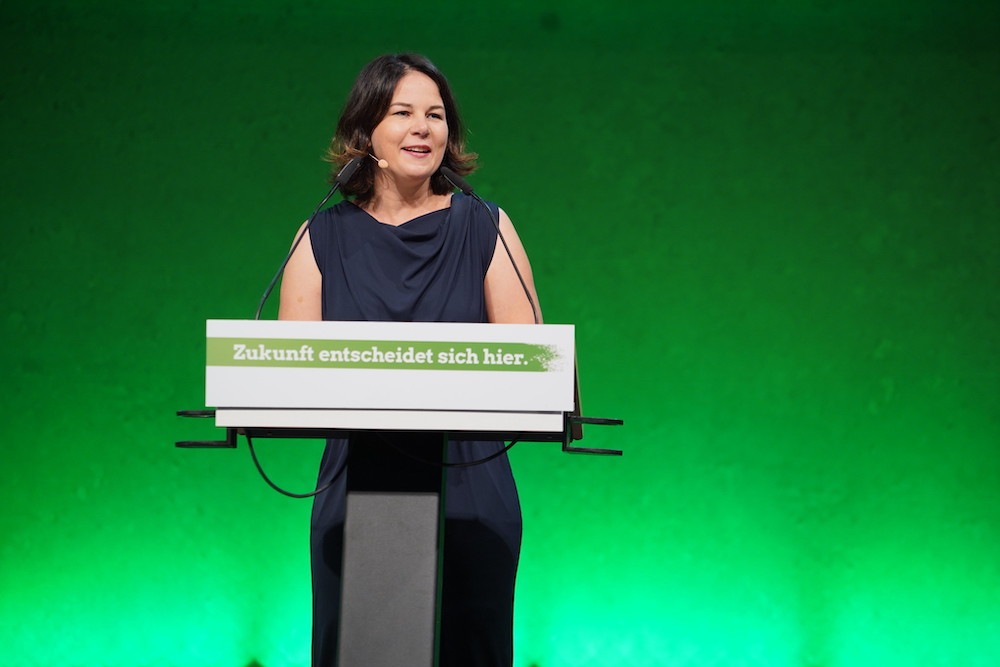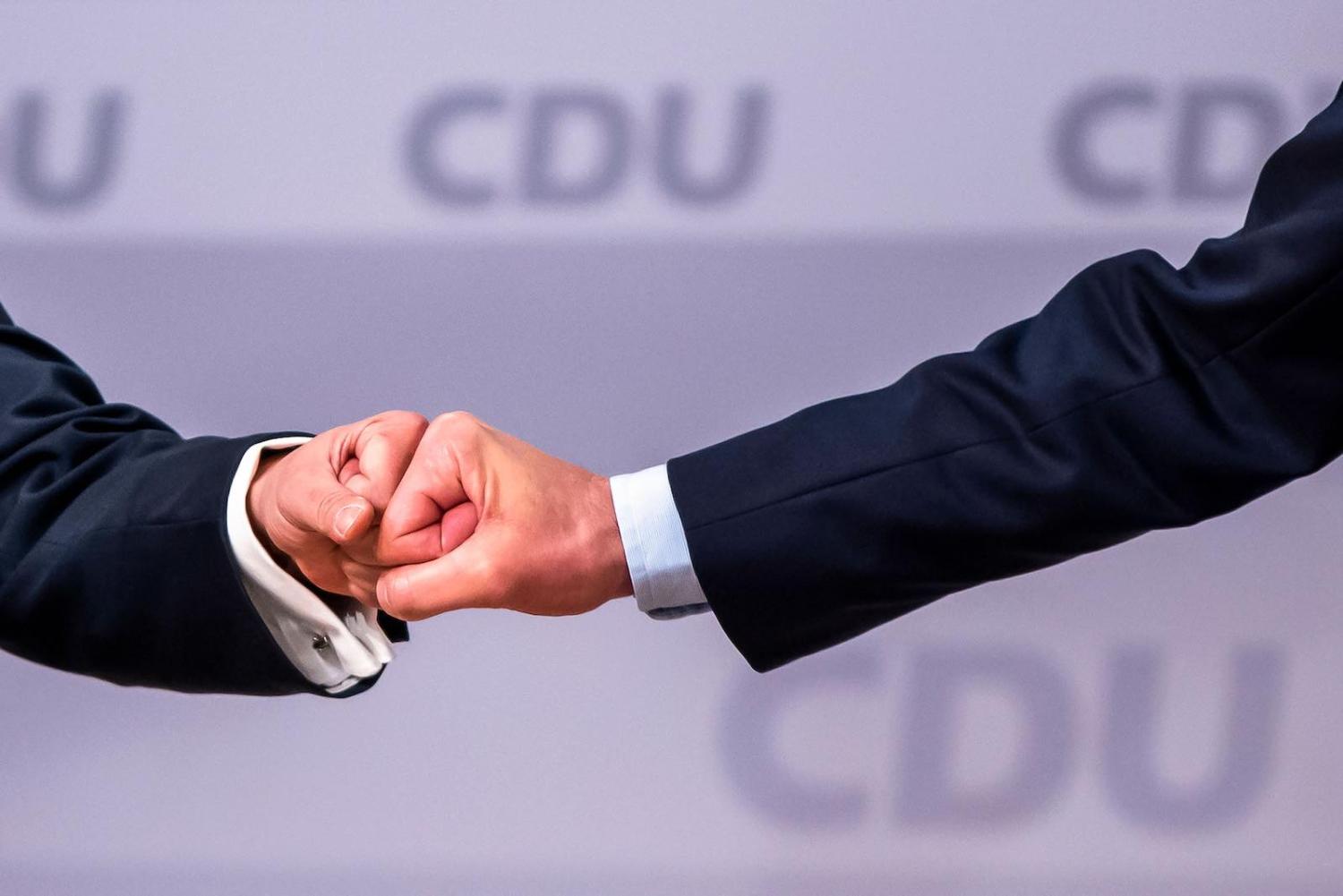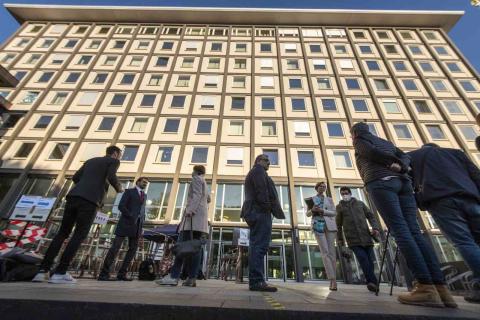In extraordinary times, ordinariness can be a virtue. That, in any case, is the hope of Armin Laschet, who was elected as the new leader of Germany’s largest party, the Christian Democratic Union (CDU), on 22 January. A moderate Catholic from Aachen, Germany’s westernmost city, Laschet captured the party leadership with a deliberately uninspiring program of pragmatism and competence.
With a federal election looming in September, Laschet’s medium-term task will be to steer his party beyond the era of the retiring Chancellor Angela Merkel. He will do this largely on her terms. For Laschet’s victory also served to confirm and cement Merkel’s legacy.
Like the current chancellor, he represents a loose ideological blend of Christian conservatism and liberalism, with a political approach grounded in compromise and gradualism. By contrast, Laschet’s opponent for the leadership, the rumbustious businessman and lawyer Friedrich Merz, had campaigned on a repudiation of Merkel in both policy and style. And the relative closeness of the result – Laschet won by 53% to Merz’s 47% – reveals how deep the fault lines within the CDU still run.
Outside of his own party, Laschet now faces a year of manifold political uncertainties. Most immediate is the question of whether he himself will succeed Merkel as the party’s candidate for the chancellorship in the coming election. As party leader, he is in the box seat.

But waiting in the wings is the Bavarian premier, Markus Söder, the leader of the CDU’s sister party, the Christian Social Union (CSU). Söder has gained a popular national following for his handling of the Covid-19 crisis, along the way shedding the populist flourishes he had cultivated during the Bavarian elections of autumn 2018. In the spring, the CDU and CSU must reach an agreement on who they will put forward as their joint candidate. Though the CDU is the dominant partner, many of its members believe that the Bavarian premier has a better chance of success than Laschet. Söder would not be the first CSU representative to run for chancellor, but he would certainly be the most credible.
And then there is the election itself. Though the Union parties remain by far Germany’s most popular, nobody can be sure of the size of the personal vote that Merkel will take with her. This great unknown makes the race more unpredictable than perhaps any other in recent memory.
Whoever does head up the next government will inherit a foreign policy configuration of unprecedented complexity for a German chancellor.
Though buried beneath the headline-grabbing rise of the far-right Alternative for Germany (AfD) party, the most seismic story in German politics over the past four years has in fact been the ascent of the Green party. Since late 2018, the Greens have consistently polled as the country’s second-largest party. For the first time in their history, the party will field its own candidate for chancellor (most likely one of the current co-leaders, Annalena Baerbock or Robert Habeck). Some of their members even fantasise about heading up a left-wing coalition of their own.
Though the Greens’ level of electoral support fluctuates more violently than that of any other party, at this early stage, a Union-Greens government still looks like September’s likeliest outcome. Unlike Green parties elsewhere, the German species has a certain conservative appeal, and the party has been remarkably effective at crafting a mainstream, middle-class identity built on a dual foundation of Europeanism and environmentalism. The Union-Green combination has been tested with some success in a handful of German federal states, and indeed a similar coalition currently governs Austria.

So, what about the AfD – the firebrand populists who continue to attract so much international attention? They remain relevant, but much less than previously. Submerged by a deluge of factional wrangling, haunted by a wave of right-wing terrorist attacks, and with their acerbic brand of populism momentarily discredited by the gravity of the Covid crisis, support for the AfD has plunged almost 50% from its 2018 peak. They are now only the country’s fourth most popular party, at best.
Whoever does head up the next government will inherit a foreign policy configuration of unprecedented complexity for a German chancellor. From day one, they will have to mediate between Brussels, Washington, Moscow and Beijing on an overwhelming range of issues.
Within Germany, the vast spectrum of disputes surrounding Russia tend to be refracted through one issue in particular: Nord Stream 2, an underwater gas pipeline connecting Germany with Russia through the Baltic Sea. Now nearing completion, Nord Stream 2 has been a controversial initiative from the very outset. But political hostility has never been fiercer than it is now, following the poisoning and arrest of Kremlin critic Alexei Navalny. Opposition to the project is rife in Washington, in Brussels, in other European capitals, and now even within the CDU itself. This week, the German weekly Der Spiegel described the government’s stubborn adherence to the €10 billion scheme as “Germany’s most embarrassing foreign policy problem”.
Meanwhile, relations with Beijing seemingly become more complex by the month. Critics of the European Union’s new investment agreement with China have long argued that it represents a victory for narrow German economic interests over national security and human rights. As an assertion of European strategic independence, moreover, the agreement (and its timing) has caused some anger within the new administration in Washington, who had hoped to coordinate an economic approach to China with their EU partners.
Such is the constellation of domestic and international challenges lined up the door of the next German chancellor, whoever that may be. Whatever skills they might bring, and whatever shape their government might take, Merkel’s experience and gravitas will not easily be replaced. “Continuity” might be the CDU’s current watchword, but the world that awaits beyond September will be one shaped by rupture and transformation.

